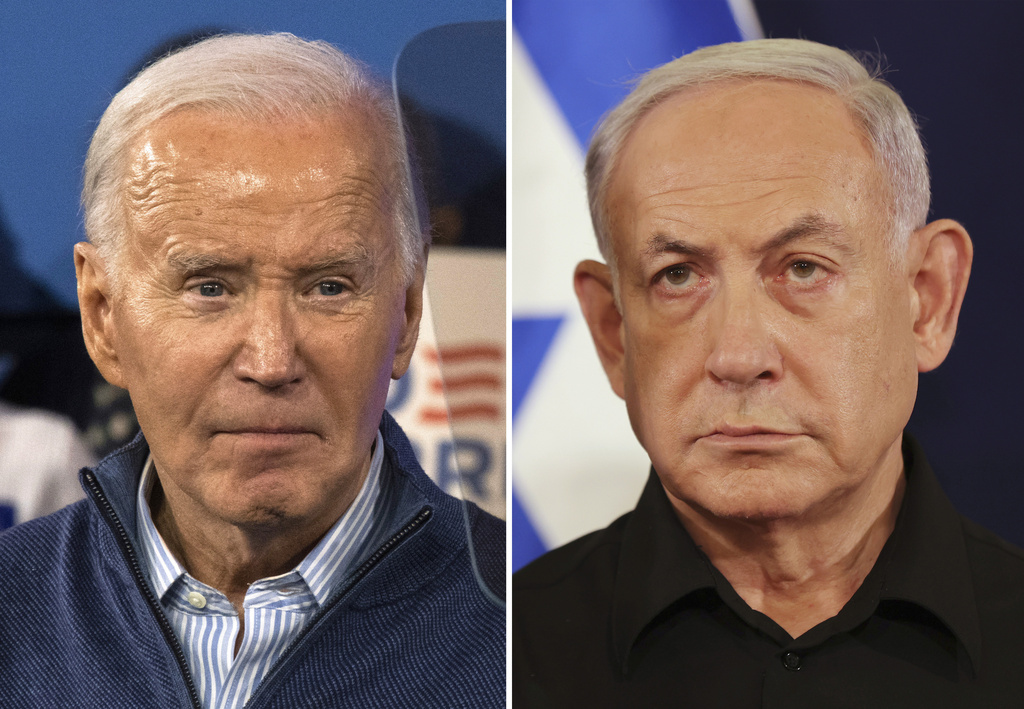



On November 30, 2024, a ceasefire deal between Israel and Hezbollah officially took effect at 4 AM local time, following over 60 days of intense airstrikes that devastated large parts of Lebanon. This agreement, consisting of 13 points, aims to halt hostilities and facilitate the return of over 1 million displaced people in southern Lebanon and 60,000 in northern Israel. The ceasefire was brokered by the United States and France, who hope it could lead to lasting calm in the region. [c7ea93ac][563f65e2]
Just three days after the ceasefire was announced, Hezbollah leader Hassan Nasrallah declared a 'divine victory' against Israel, despite the significant destruction caused by the conflict. This statement reflects Hezbollah's narrative of resilience and strength, even as the region grapples with the aftermath of one of the deadliest wars between the two sides in decades. [60a3f378]
Despite the ceasefire, concerns have emerged regarding its sustainability. One critical issue is the potential for conflict escalation in Syria, particularly due to ongoing arms transfers from Iran to Hezbollah. Analysts warn that these transfers could reignite tensions not only between Israel and Hezbollah but also in the broader region. [563f65e2]
Additionally, there is a lack of clarity regarding the logistics of troop withdrawals from southern Lebanon, which raises questions about the commitment of both parties to the ceasefire. The Israeli military recently conducted an airstrike on southern Lebanon, targeting a Hezbollah rocket storage facility, which has further fueled skepticism about the ceasefire's durability. [3642e272][c7ea93ac]
Prime Minister Benjamin Netanyahu has indicated a potential shift in focus towards Hamas, suggesting that Israel may redirect its military efforts in the ongoing conflict in Gaza. This shift could complicate the ceasefire with Hezbollah, as the dynamics of the region continue to evolve. [563f65e2]
In the United States, President Biden's administration continues to advocate for a diplomatic approach to stabilize the region while balancing support for Israel. Biden has reiterated Israel's right to defend itself, especially amid ongoing protests in northern Israel against the ceasefire. This balancing act underscores the complexity of the situation, as the U.S. seeks to support Israel while addressing the broader implications of the conflict for regional stability. [fb434125]
As the situation unfolds, both Israel and Hezbollah remain on high alert. Hezbollah has maintained its stance against Israeli actions, while Iran has offered assistance to Lebanon despite facing Western sanctions. The delicate balance between military engagement and diplomatic negotiations will be crucial as the region navigates the aftermath of this ceasefire agreement and the extensive destruction left in its wake. [c7ea93ac]